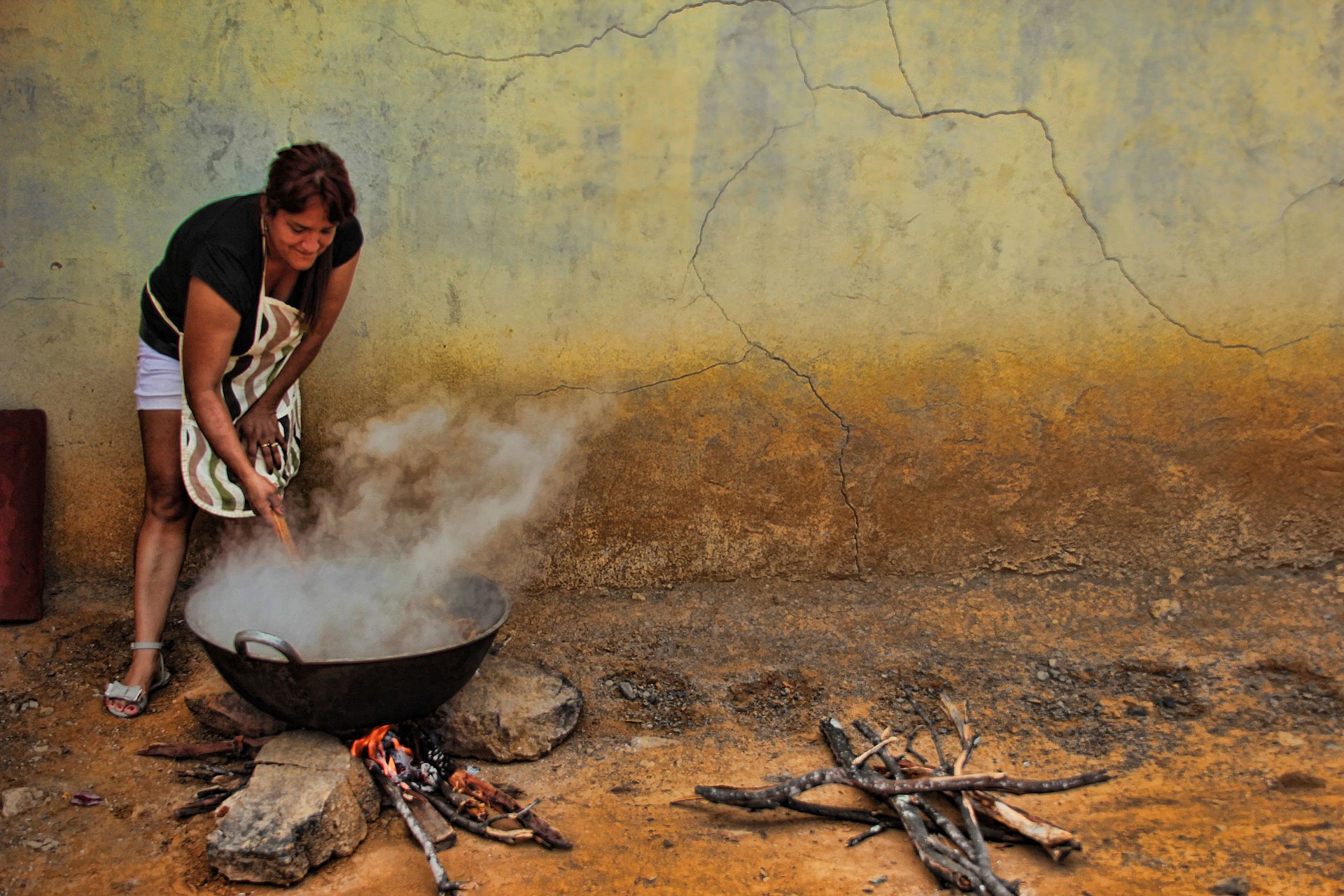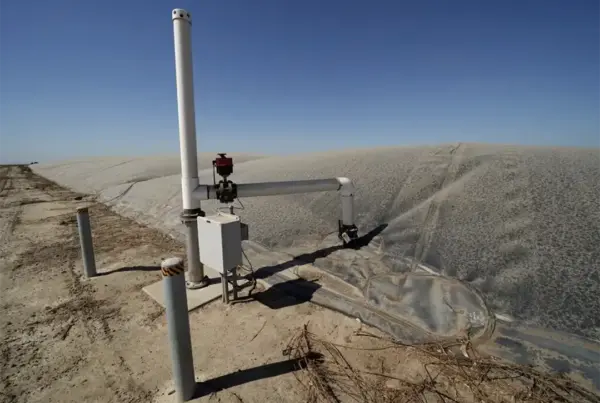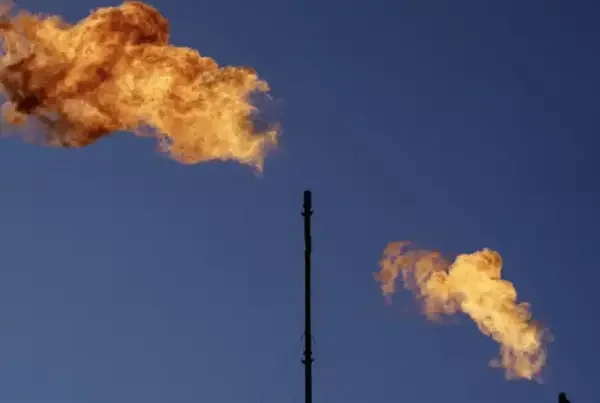SHARM EL SHEIKH–The climate crisis is a public health crisis, and helping people choose sustainable, healthy diets and ensuring access to clean cooking can mitigate both.
“Being a committed vegan is a privilege,” said Todd Crane, principal scientist at the International Livestock Research Institute. Being able to embrace veganism means being so well off in the global food system that a rich diversity of food is easily available, lowering reliance on nutrient-dense meats like beef.”
“Dietary diversity corresponds with decreased nutrition,” Crane said, explaining how cutting back on dairy production to make space for vegetables can ultimately be detrimental to the health of communities. “We might get some nutrients out of those different vegetables, but you don’t get the protein you and the nutrient density that one gets out of meat.”
Crane described a push for lower meat consumption in Africa as a colonial position that exports guilt from overproducing and overconsuming countries in the Global North to countries in the Global South where meat consumption is low.
“We can look critically at the livestock sector in terms of emissions … and it is a space that needs looking into, but leading with a mitigation agenda in the African livestock sector is wildly inappropriate,” Crane said. “Africa is responsible for such a minimal portion of greenhouse gasses. This is not the place to be looking for gains in the mitigation agenda.”
Mitigating methane emissions is key to reaching carbon neutrality. Meeting the goals outlined in the Paris Agreement would require a 34% decrease in methane emissions by 2030 and a 45% decrease in emissions by 2040, said Carolina Urmeneta, circular economy program director at the Global Methane Hub.
Providing alternatives to cooking with biofuels, such as wood or charcoal, or methane gas has positive implications for health, in addition to reducing emissions. According to the World Health Organization, approximately one-third of the world’s population lacks access to clean cooking methods, living with extremely dangerous levels of indoor air pollution in their homes.
Women and children tend to bear the brunt of the repercussions of cooking with polluting fuels. “Infants during the first years of their lives can spend a lot of time exposed to wood smoke,” Crane said.
Capturing methane from manure or waste and using it for cooking is a healthier alternative to cooking with charcoal or wood, and can be an option in rural or undeveloped areas without reliable access to electricity. But research shows gas stoves come with dangerous risks from health-harming pollutants in the gas, and where possible, should be replaced with efficient electric or induction stovetops.



